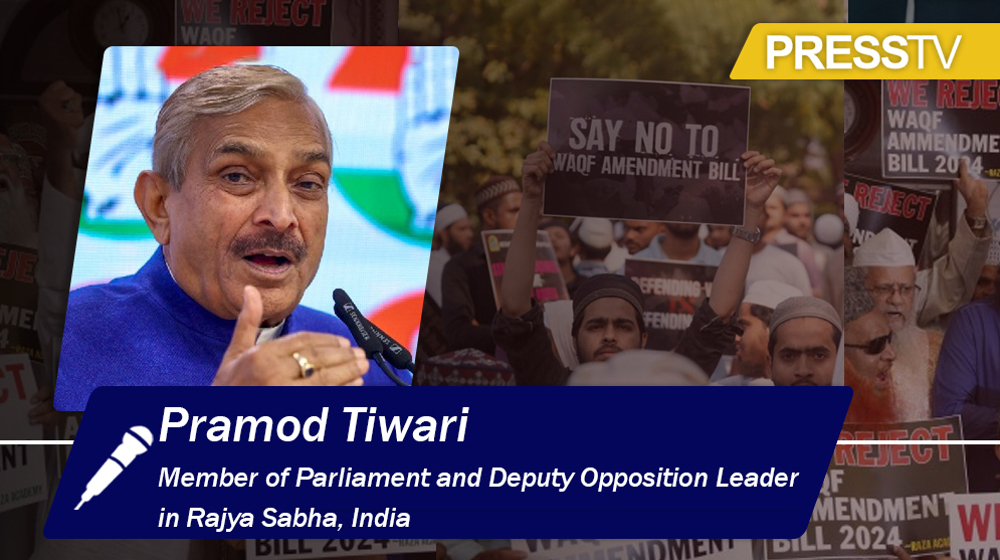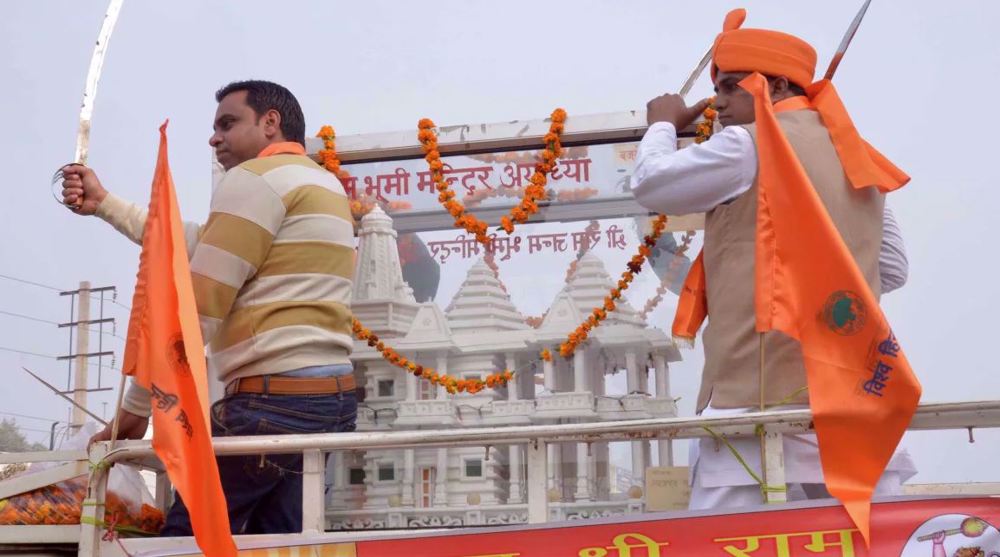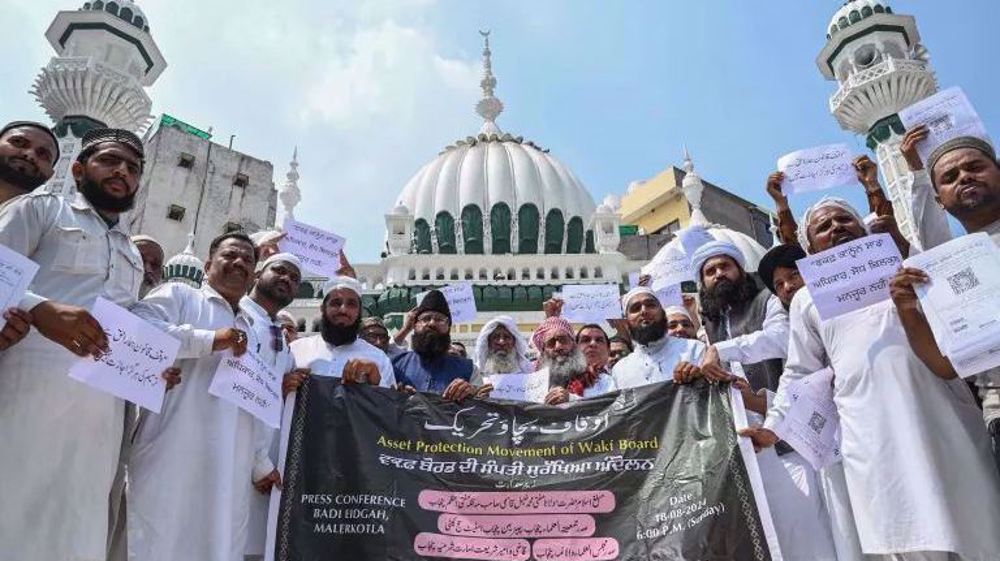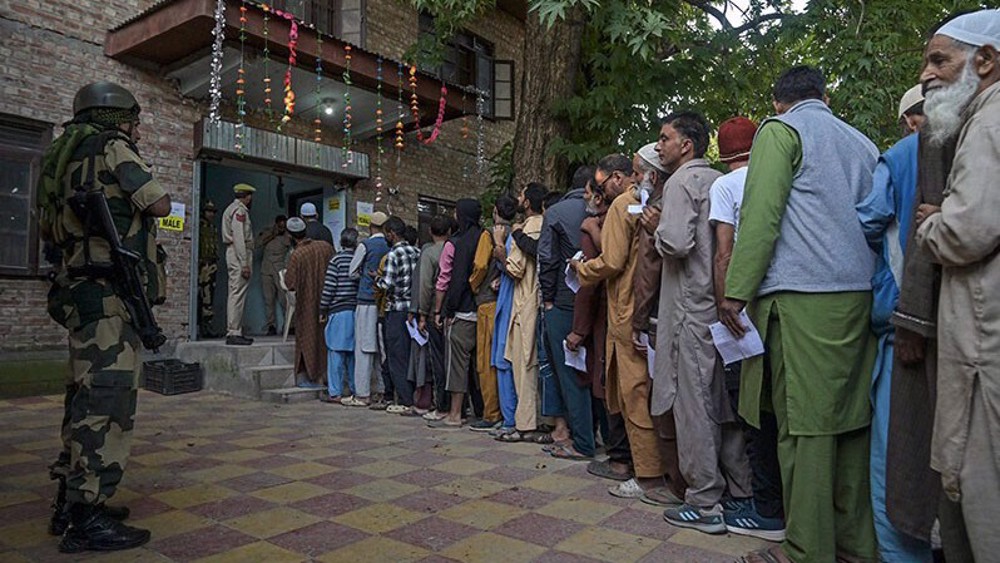India-controlled Kashmir votes in first regional poll after special status scrapped
People in the Indian-controlled Kashmir have gone to the polls to cast their ballots in the first local elections since the 2019 cancellation of the Muslim-majority territory’s special semi-autonomous status by the government in New Delhi.
Some 8.7 million registered voters queued outside polling stations across the disputed Himalayan region on Wednesday to choose members for its 90-seat legislature under heavy security in the three-phased elections.
The mountainous territory is witnessing first assembly election in ten years, with the first phase being currently held for 24 seats in six districts. The other two phases will be held on September 25 and October 1.
"We have been waiting for this for the last 10 years because there are a lot of problems here in terms of healthcare, education and development. We will now be able to choose a good representative," local resident Shahnawat was quoted as saying by AFP, who did not provide his last name.
"Voting is everyone's right and if people are getting this great opportunity after 10 years to select an elected body or representative, someone who listens to your problems and issues, help you and the state progress, I think it is a good moment, good opportunity," said another voter, Subhash.
About 500,000 Indian troops are deployed in the region, which has witnessed a 35-year violence that has killed tens of thousands, including civilians and soldiers.
A federally appointed governor has controlled the disputed territory since August 2019 when the Hindu-nationalist government of Indian Prime Minister Narendra Modi ordered the abrogation of the region's special status under Article 370.
Modi urged people in all constituencies in a post on X to vote in large numbers and strengthen what he claimed to be the “festival of democracy.”
“I particularly call upon young and first-time voters to exercise their franchise," he added.
The turnout is projected by analysts to be high but key decisions will remain in New Delhi's hands, including security and appointment of Kashmir's governor. Modi’s government will also have the power to override legislation passed by the 90-seat assembly.
Votes will be counted on October 8 and the results are expected to be released on the same day.
Anger rises among Kashmiris over the restrictions on civil liberties imposed after 2019, and as Modi’s BJP is only fielding candidates in a minority of seats concentrated in Hindu-majority areas in order o split the vote.
Unemployment is also skyrocketing in the region, which has a jobless rate of 18.3 percent, more than double the national average.
"My biggest concern is unemployment," said Madiha, 27, a jobless graduate who gave only one name. "The cost of living has reached the sky."
Kashmir has been split between India and Pakistan since their partition in 1947. Both countries claim all of Kashmir in its entirety and have fought at least three wars over the territory.
New Delhi accuses Islamabad of supporting pro-independence fighters, an allegation rejected by the Pakistani government. Islamabad, in turn, is critical of India’s heavy military deployment to Kashmir and its crackdown on the region’s Muslim population.
Pakistan has described the move by the government in New Delhi to revoke the self-autonomy of Kashmir as illegal. Since the revocation, India has imposed more internet shutdowns and other restrictions in the region.

Waqf Bill not just an attack on Indian Muslims but on India’s constitutional fabric: MP

Bill to seize mosques in India gains presidential assent

Indian parliament passes bill seen as step to seizure of mosques
US intensifies bombing Yemen amid ground invasion plans
Scores of Syria Alawites killed as HTS sectarian violence continues
US approves potential sale of Stinger missiles to Morocco
Iran summons Argentine envoy over accusations against top officials
VIDEO | Rally against another Columbia student arrest held in New York
VIDEO | Press TV's news headlines
VIDEO | Tehran-Washington negotiations
VIDEO | Iran leads global push to define terrorism after 25 years of debate







 This makes it easy to access the Press TV website
This makes it easy to access the Press TV website